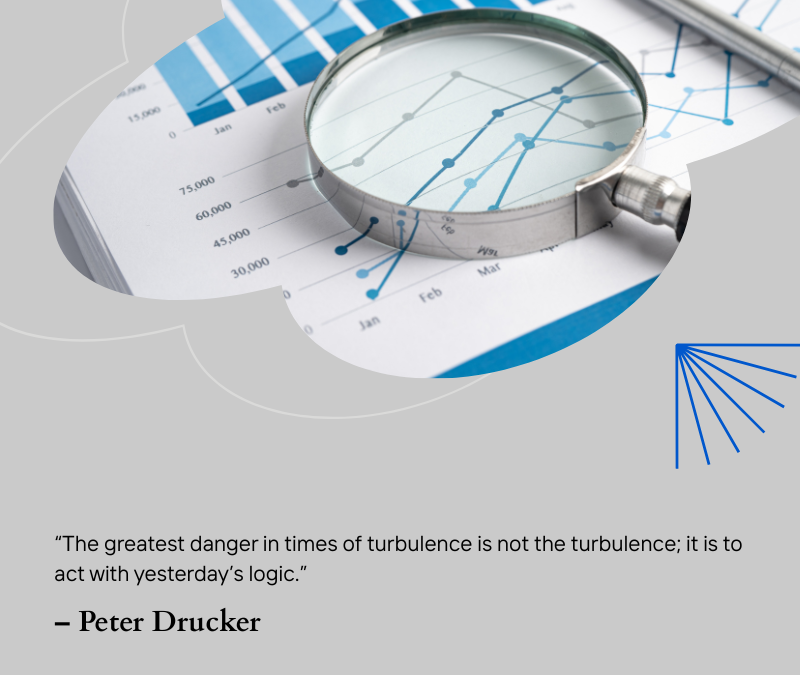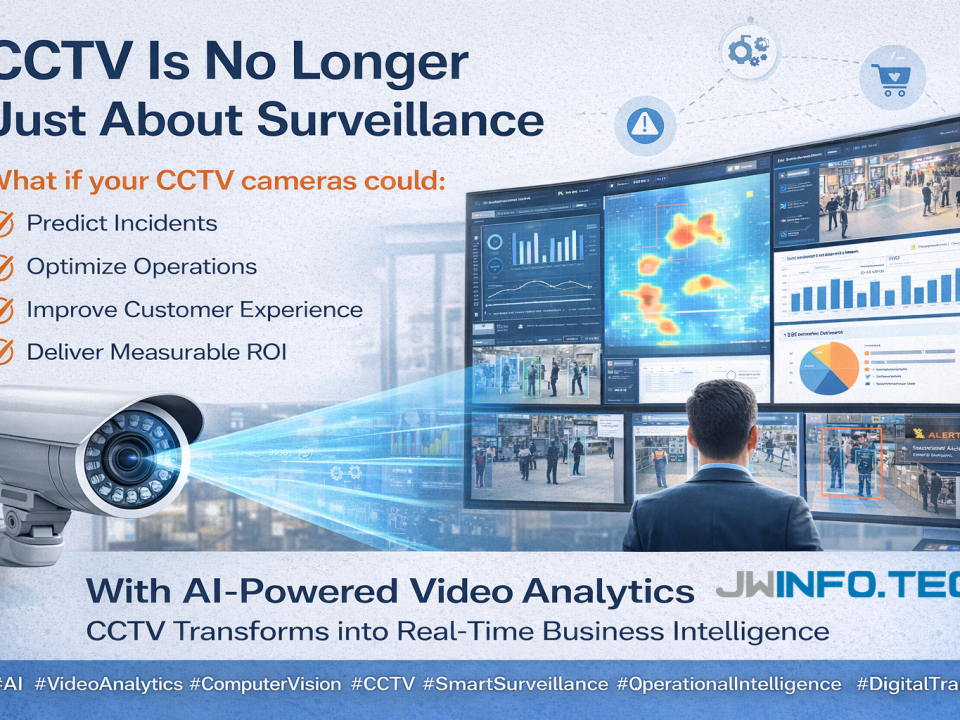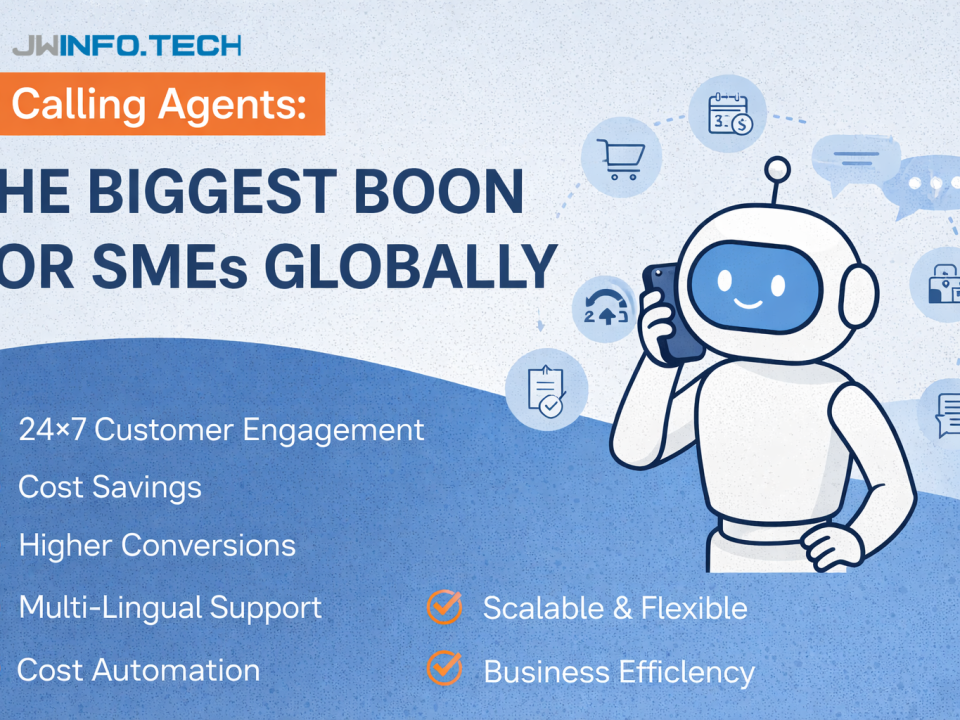Evaluating Top AI Tools for Enterprise Trust, Usability, and Economic : A Comparative Study by JW Infotech

Case Study: Designing a Seamless UI/UX Experience for a Legal AI Platform
May 21, 2025
Case Study: Comparative Evaluation of Salesforce and Its CRM Competitors
June 4, 2025Background
As AI adoption accelerates across sectors, enterprises are bombarded with a myriad of tools promising everything from automation to intelligence. Yet, many decision-makers struggle with a common question:
🧩 Which AI tools are not just powerful, but also trustworthy, scalable, and aligned with global trends in usability and economic impact?
To answer this, JW Infotech conducted a comparative study of the Top AI tools, using insights from two benchmark reports:
- “Trust, Attitudes, and Use of AI – Global Report”
- “AI and the Global Economy – OECD Insights”
Objective
The objective of this study was to:
- Evaluate the trust perception, adoption ease, and economic value of top AI tools.
- Provide enterprises and public stakeholders with evidence-based recommendations for selecting AI solutions that are globally trusted and future-ready.
- Position JW Infotech as a trusted navigator in AI solutioning, implementation, and strategic advisory.
Methodology
JW Infotech selected 6 leading AI tools across domains (LLMs, automation, data science, and analytics):
| AI Tool | Core Function | Category |
| OpenAI ChatGPT (Enterprise) | LLM assistant, coding, content | Generative AI |
| Google Vertex AI | Scalable ML model deployment | MLOps |
| Microsoft Azure OpenAI | GPT-4 integrations with security | Cloud AI |
| Anthropic Claude | Ethical conversational AI | Responsible AI |
| IBM Watsonx | Enterprise AI for analytics | Predictive AI |
| Hugging Face Transformers | Open-source AI models | Research & Dev |
Evaluation Criteria:
- Trust Score (public perception, bias transparency)
- Adoption Complexity
- Enterprise Readiness (scalability, compliance)
- Economic Uplift Potential
- Ethical Use Index
Key Insights from JW Infotech’s Comparative Analysis
| Tool | Trust Score | Enterprise Readiness | Economic Impact | Ethical Use Index |
| ChatGPT | 8.5/10 | High | Moderate | 7.5/10 |
| Vertex AI | 7/10 | High | High | 7/10 |
| Azure OpenAI | 8/10 | Very High | Very High | 8/10 |
| Claude | 9/10 | Medium | Moderate | 9.5/10 |
| Watsonx | 7.5/10 | High | High | 8/10 |
| Hugging Face | 8/10 | Medium | Low (Open-source) | 8/10 |
Additional Findings:
- Claude by Anthropic scored the highest in Ethical Use Index, resonating with public trust from the Trust in AI report.
- Azure OpenAI ranked highest for enterprise integration, aligning with AI and the Global Economy insights on productivity in mature tech economies.
- Watsonx and Vertex AI showcased highest ROI in data-heavy industries.
JW Infotech’s Role
JW Infotech didn’t just compare tools — we built a decision framework for CIOs and CTOs globally, helping them align AI tools with:
- Regulatory environments
- Internal data governance
- Workforce adaptability
- Economic outcomes
We further deployed pilot models using Vertex AI and Azure OpenAI for manufacturing and BFSI clients, proving 15–22% productivity increases.
Impact
- 🧠 Supported 5 enterprise clients in tool selection and integration strategies.
- 🌍 Shared comparative insights with two national AI councils working on regulatory adoption frameworks.
📈 Developed a custom AI Tool Recommender™ (internal product) that integrates trust, usability, and economic forecasting.



